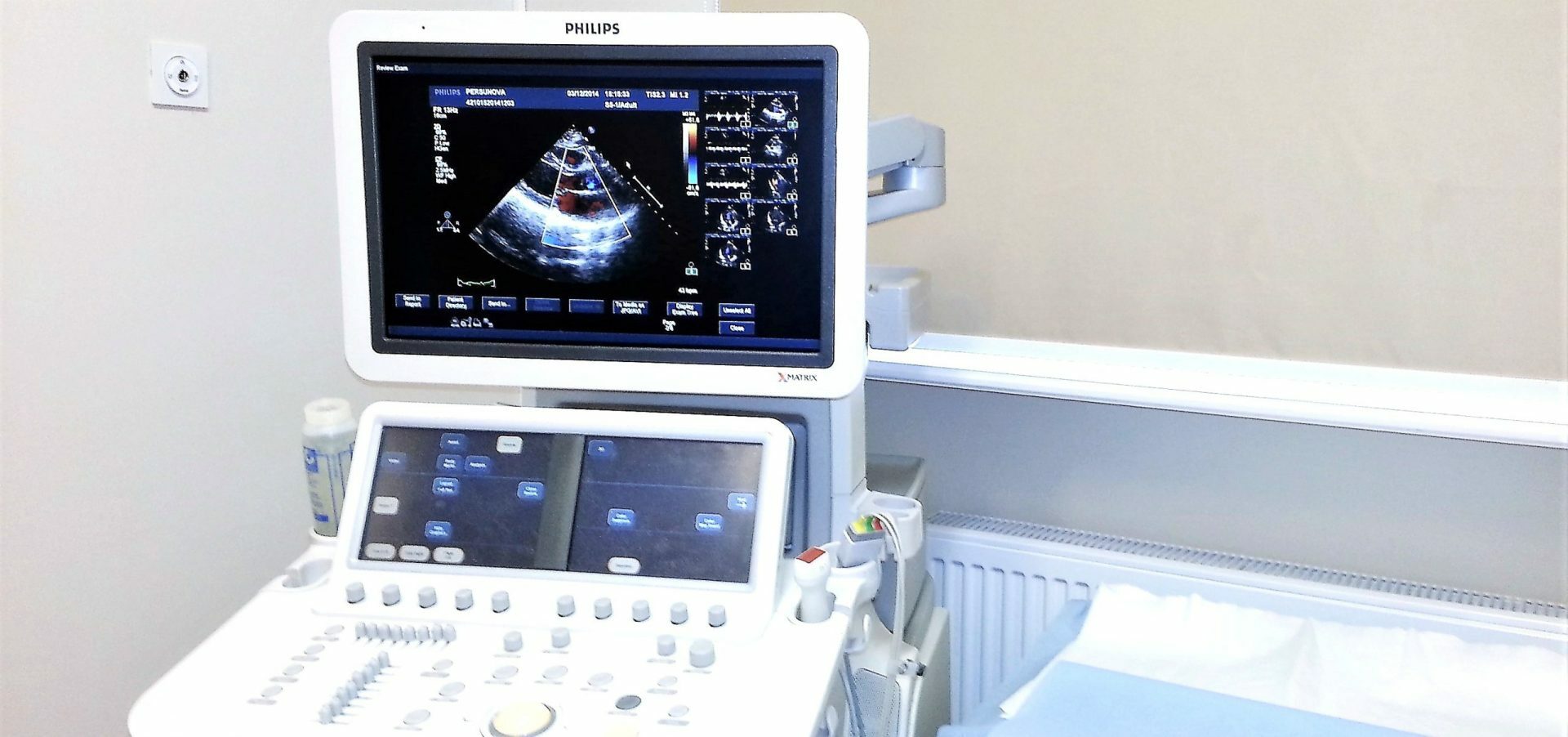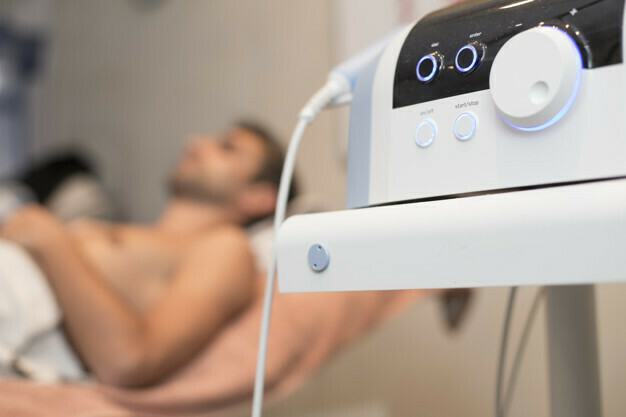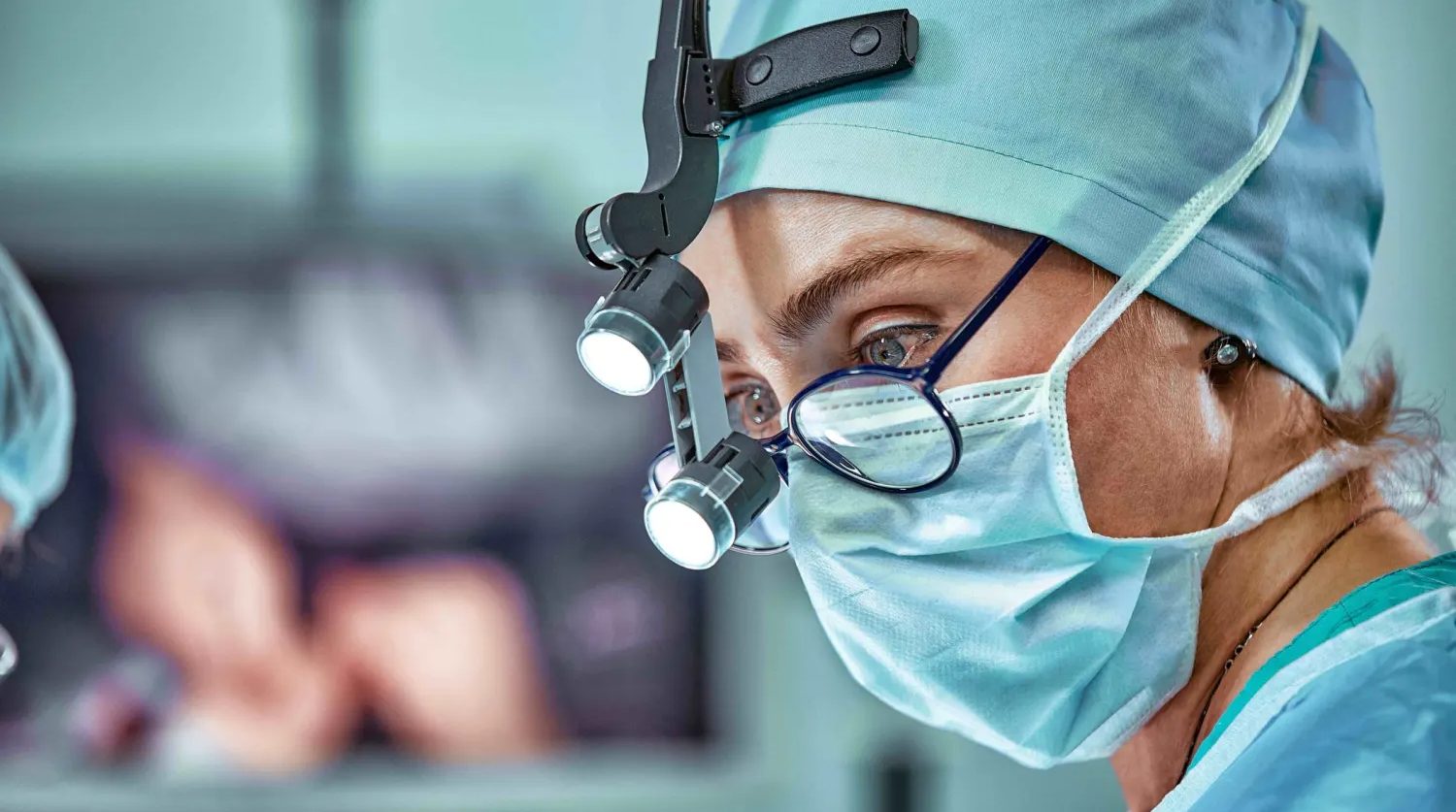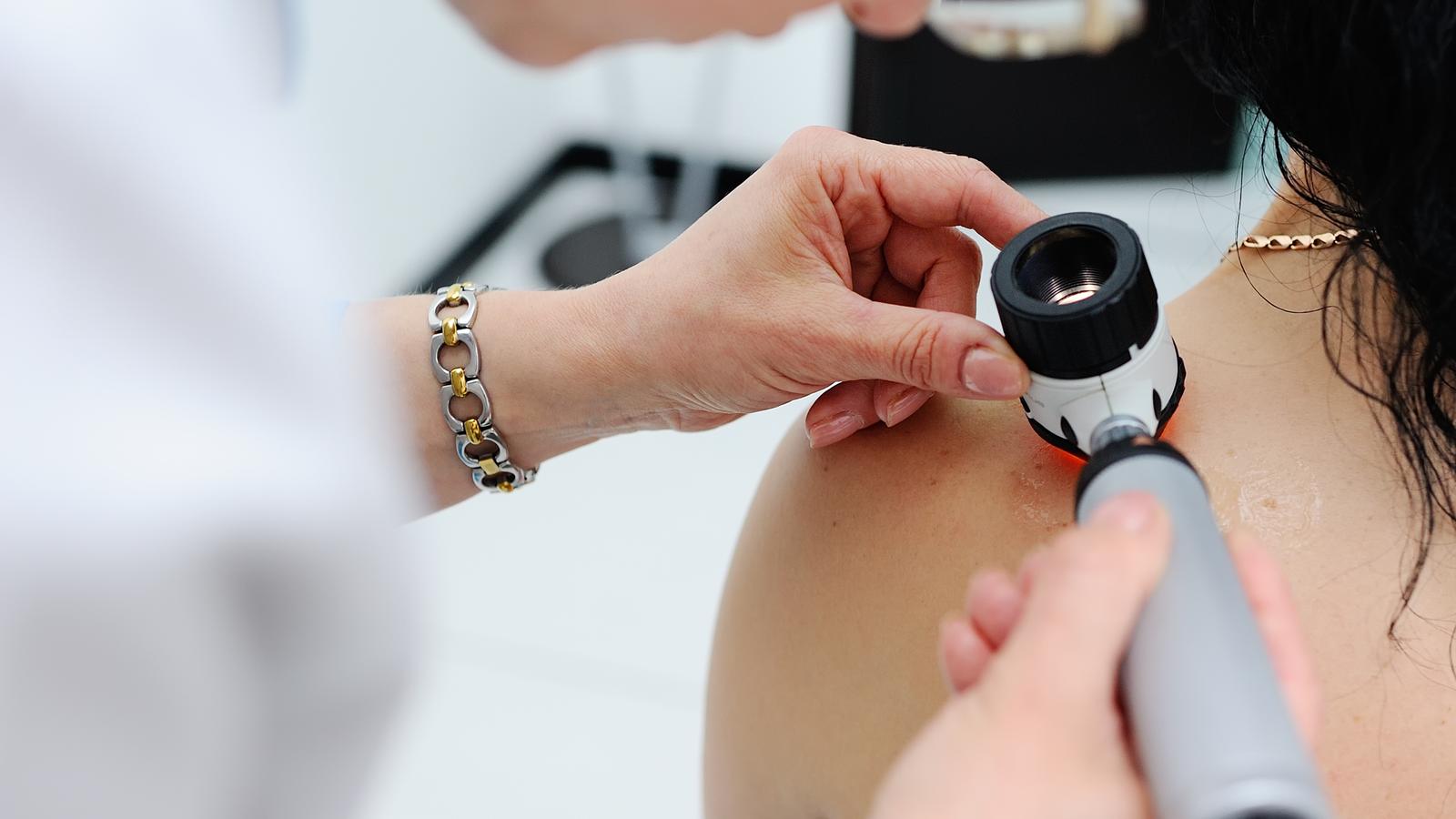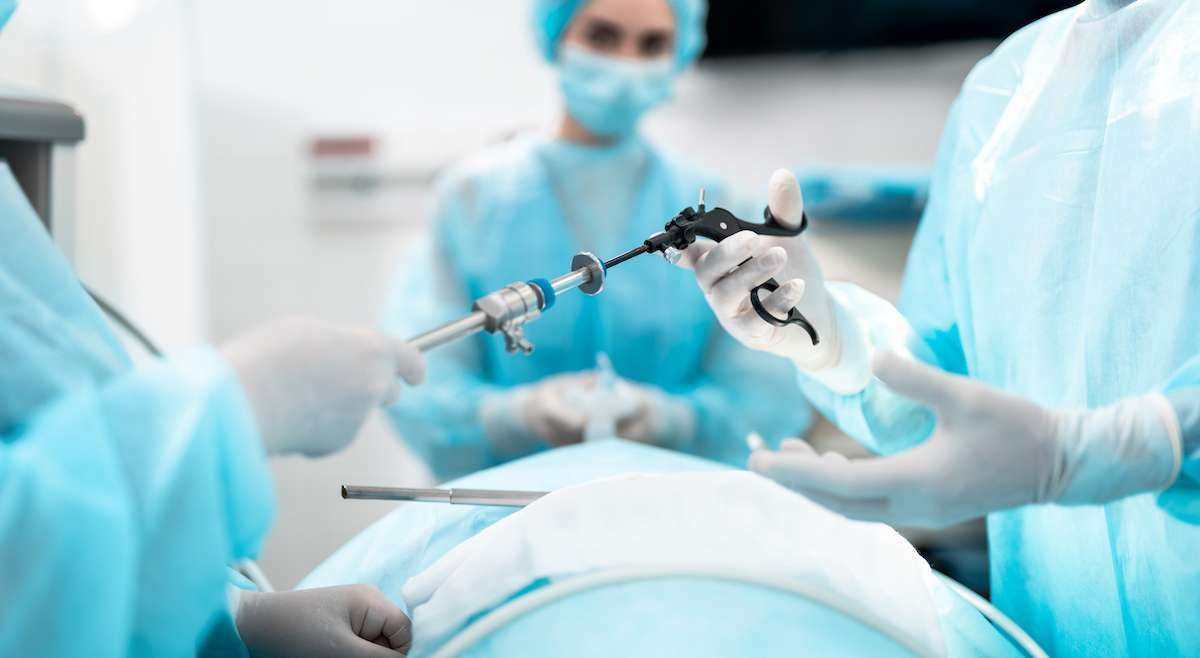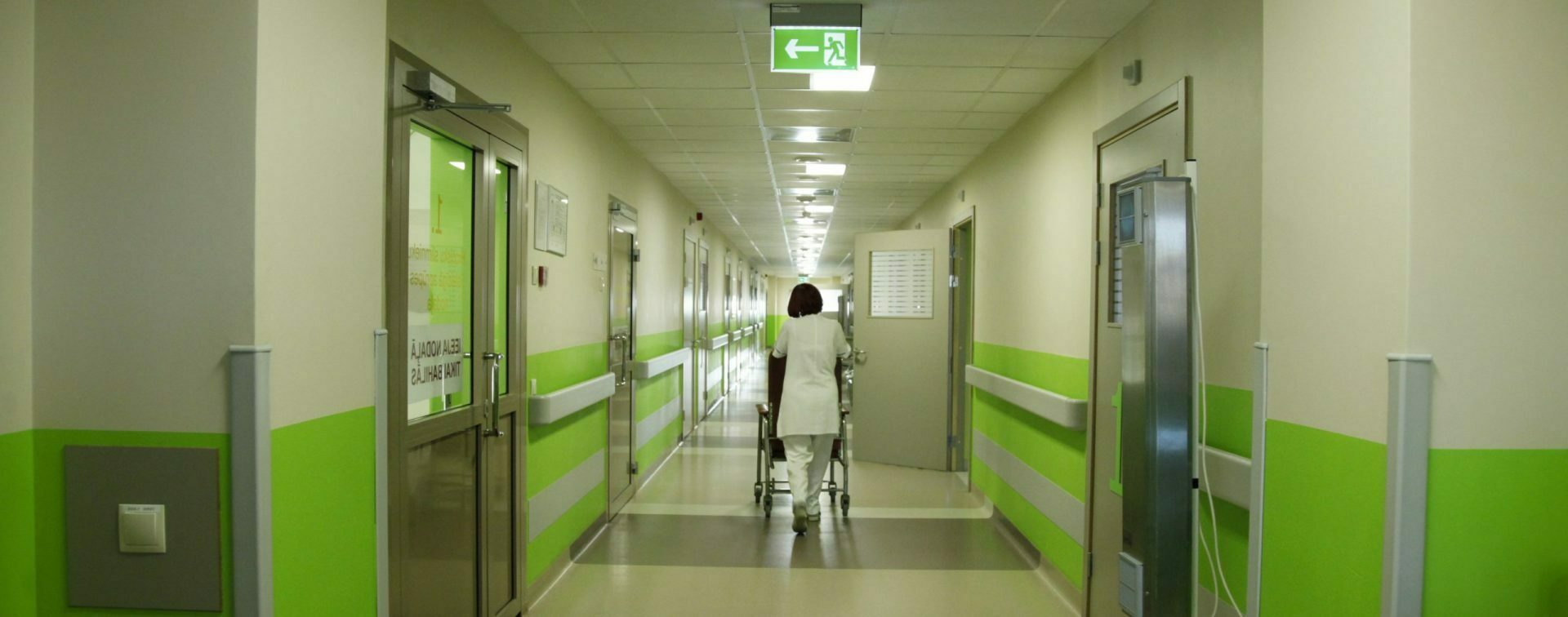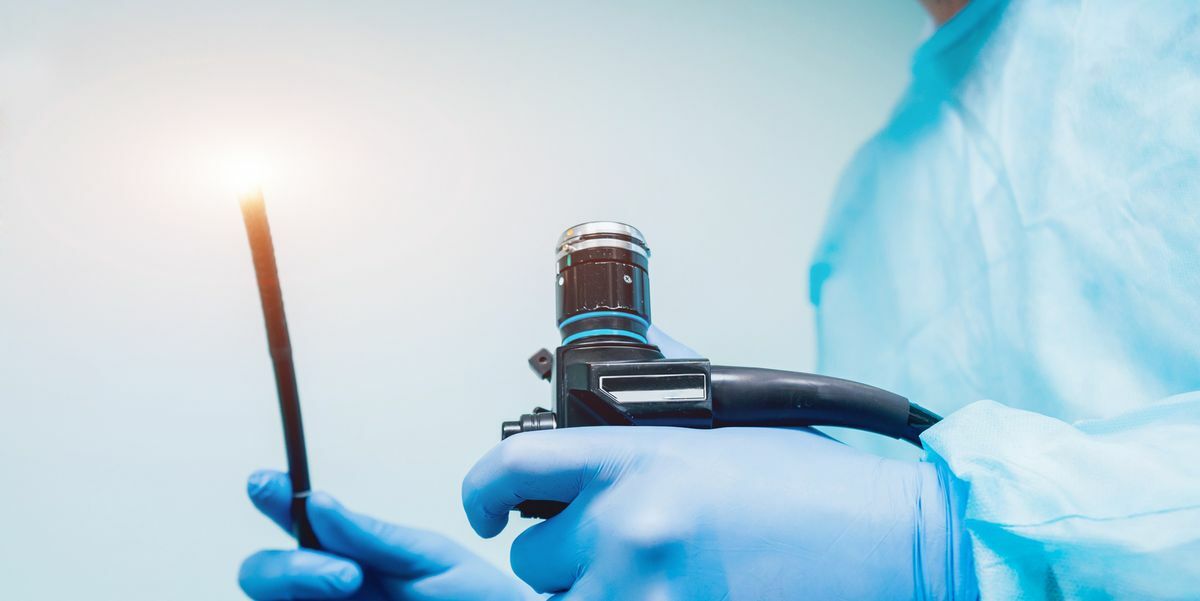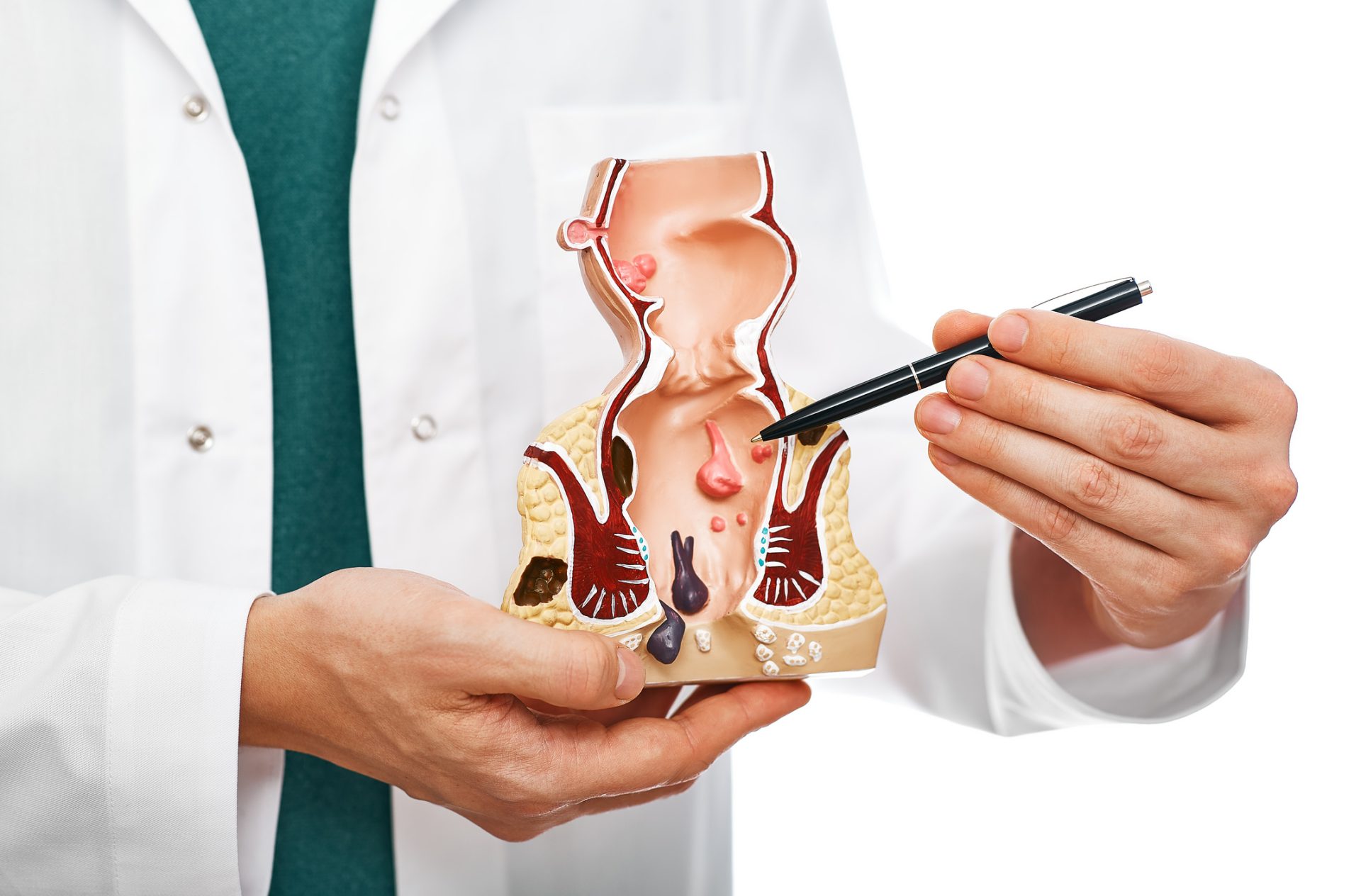
What does a proctologist do?
A proctologist, also known as a colorectal surgeon, specializes in diagnosing and treating diseases of the colon, rectum, and perineum. Their task is to help patients understand and address health issues using both conservative and surgical methods.
What services does the proctologist at Riga 1st Hospital offer?
- Treatment of functional bowel disorders such as constipation or fecal incontinence.
- Treatment of functional perineal disorders, including difficulties in bowel evacuation.
- Anorectal manometry, which measures anal pressure and canal length at rest, during simulated evacuation, or coughing, as well as sensitivity and volume assessment.
- Biofeedback therapy to help patients learn to consciously control the pelvic floor muscles. This procedure is beneficial for conditions such as urinary and fecal incontinence, constipation, sexual dysfunction, organ prolapse, chronic pelvic pain syndrome, and recovery after surgeries or childbirth.
- Treatment of colon and perineum conditions causing pain, itching, bleeding, and discomfort in the rectum.
- Treatment of diseases and inflammations, including hemorrhoidal disease, anal fissures, inflammations, and fistulas.
When should you see a proctologist?
Visiting a proctologist may cause anxiety, but there is no need to feel embarrassed. Our highly qualified specialists will take special care to understand your issues and help improve your health. A timely visit to a proctologist can significantly ease the treatment process, so don’t wait until the problem worsens—schedule an appointment with a proctologist early.
You should definitely visit a proctologist if you experience the following symptoms:
- Rectal bleeding, pain, or discomfort during bowel movements,
- Presence of growths in the anal area,
- Fecal incontinence, chronic constipation, or other bowel issues,
- Burning, stabbing pain, difficulty sitting, or discomfort around the anus.
Remember to see a doctor immediately if these symptoms are accompanied by persistent fatigue or weight loss.
Proctologists treat conditions in two ways: conservatively or surgically
A professional proctologist will first recommend trying conservative therapy. This includes a diet rich in fiber, adequate fluid intake, and physical activity. Adopting a healthy lifestyle can improve bowel health, including the consistency of stool.
Did you know that physiologically, each person needs 35 milliliters of water per kilogram of body weight? Adequate fluid intake can help the bowels form stool with a normal consistency.
An essential part of conservative proctological treatment is also physiotherapy. Various procedures and exercises can improve pelvic floor muscle function and promote normal bowel function. You can view the Rehabilitation Clinic’s offerings at Riga 1st Hospital.
If conservative therapy doesn’t provide the desired results, surgical treatment may be necessary. The proctologist will evaluate each patient’s situation individually and provide the best advice and treatment plan.
What is obstructive defecation syndrome (ODS)?
Obstructive defecation syndrome (ODS) is a condition in which a patient has difficulty emptying their bowels or consistently experiences problems with normal bowel movements. ODS is common and can affect people of all ages. The syndrome is especially prevalent among women due to its possible connection with pregnancy and childbirth.
Common symptoms of ODS include abdominal pain, bloating, pain and straining during bowel movements, infrequent or frequent bathroom visits with a feeling of incomplete evacuation, and a sensation of blockage in the anal area.
Defecation issues may be caused by functional or anatomical problems in the pelvic diaphragm. In the case of functional disorders, the proctologist primarily treats them conservatively, whereas anatomical changes may require surgical treatment. In fact, only 20% of patients need surgery after conservative therapy fails to deliver the desired results.
Women’s health and childbirth
While childbirth is natural, it can sometimes be a traumatic process that can damage the perineum. If everything proceeds harmoniously, the perineal tissues, which are highly elastic, stretch, and the baby is born without causing injuries. However, women often cannot relax enough, causing the perineal muscles to tighten and lead to damage.
According to World Health Organization OASIS guidelines, an ultrasound should be performed immediately after childbirth, but this practice is not widespread in Latvia. Therefore, if a woman experiences unusual sensations or concerns about perineal health after giving birth, she should definitely schedule a perineal ultrasound. If tears are present, they should be addressed immediately after pregnancy. If left untreated, the damage can worsen over time, with more severe symptoms.
It’s important to note that undiagnosed or unnoticed tears in the anal sphincter muscle can cause problems later in life, especially during menopause when estrogen levels decrease. These hormones help maintain muscle fibers and strength, so when estrogen levels drop, women may experience gas and fecal incontinence as well as constipation.
Constipation and urinary incontinence often go hand in hand, and the causes can include bladder prolapse, rectal wall prolapse into the vagina, or uterine prolapse. These health issues are usually treated by a gynecologist.
Other related services
